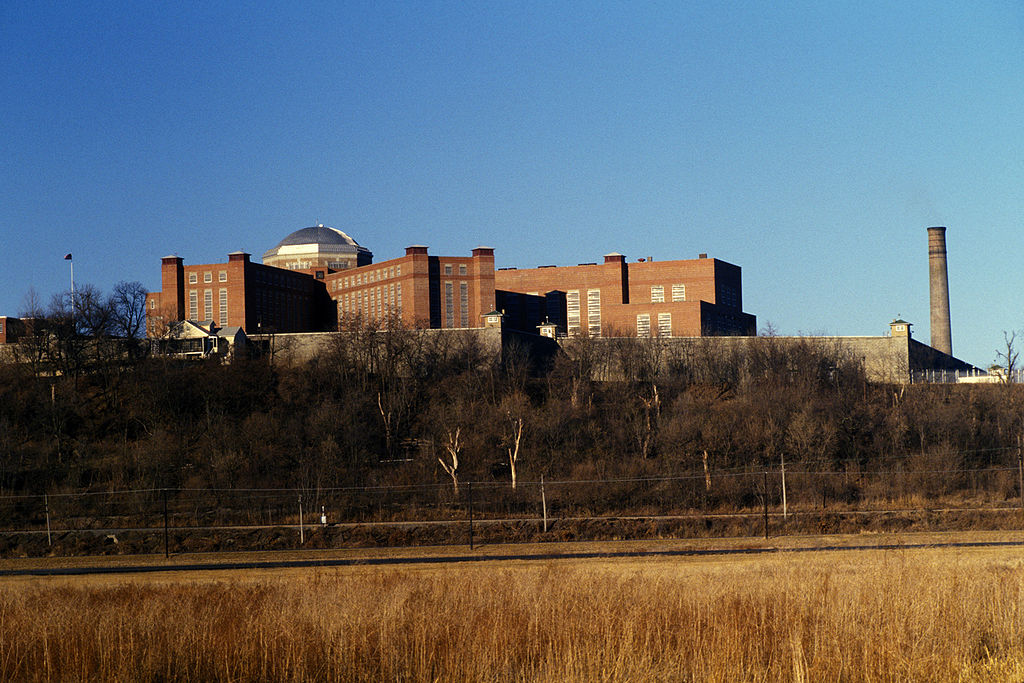August 19th 2015: This week, representatives of The Department of Defense examined different locations throughout the United States to determine where current detainees at Guantanamo will be transferred to following a potential closure. The representatives have toured and are considering a few different facilities throughout in the United States. The two main military prisons being considered…
Read moreGuantánamo Public Memory Project
Tag: Base Life
This Week in Guantánamo: 2015 and 2008
This Week in Guantánamo: Present and Past

August 4 2015: An ongoing investigation into whether there are carcinogens present in GTMO’s court facilities is currently taking place. The investigation comes amid recent reports that seven people who had worked on detainee trials, both military officials and civilian lawyers have been diagnosed with cancer. Three of these seven cases have been fatal, with…
Read moreExciting GPMP News
National Dialogue and Traveling Exhibit
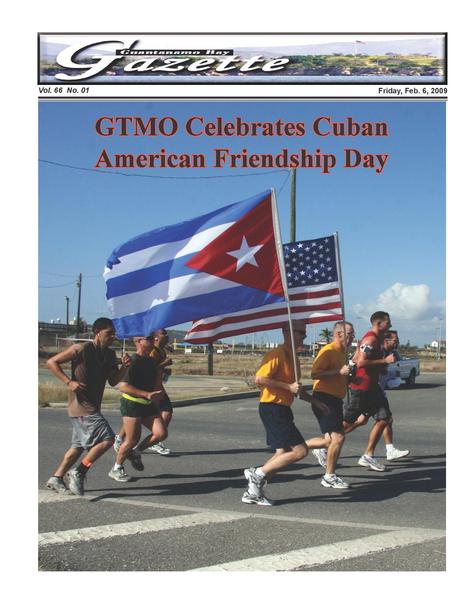
In the past few weeks there have been some very exciting developments for GPMP….. First off, three weeks ago GPMP was granted funding from LAMP (Latin American Microform Project) for digitization of The Guantanamo Bay Gazette. Old editions of the Gazette are now being digitized and uploaded to GPMP’s online GTMO archive, hosted by Dloc (The Digital…
Read moreArt & GTMO: Manufacturing Visuals to Represent the Invisible
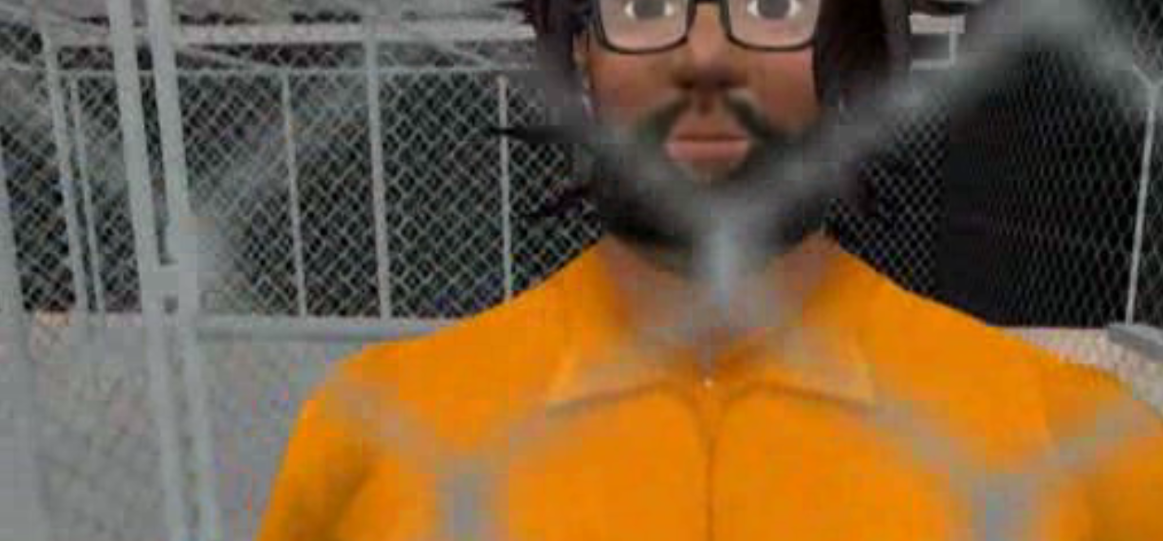
Last year, John Filostat, spokesman for Joint Task Force Guantánamo, announced that the military would stop informing the public about GTMO detainees who go on hunger strike. “The release of this information serves no operational purpose and detracts from the more important issues,” Filostat explained. The decision to stop disclosing this information, formerly used as…
Read moreChallenging Myth in Representations of American History
National Dialogue and Traveling Exhibit
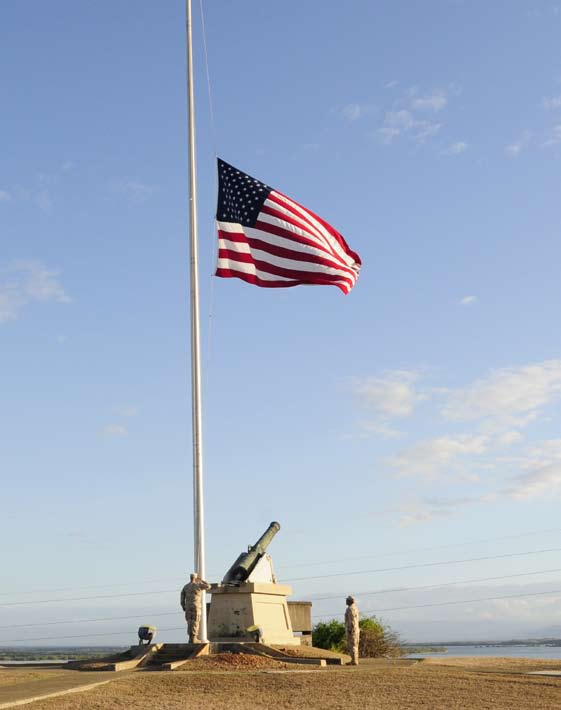
In museum representations of contested periods of US history, narratives are often based on rigid notions of who constitutes the victim and the perpetrator. Examples include West As America’s revisionist interpretations of frontier art which implicated artists in the violence of westward expansion; Enola Gay’s highly critical depiction of the US and the atom bomb in…
Read moreGrowing up at Guantánamo
National Dialogue and Traveling Exhibit
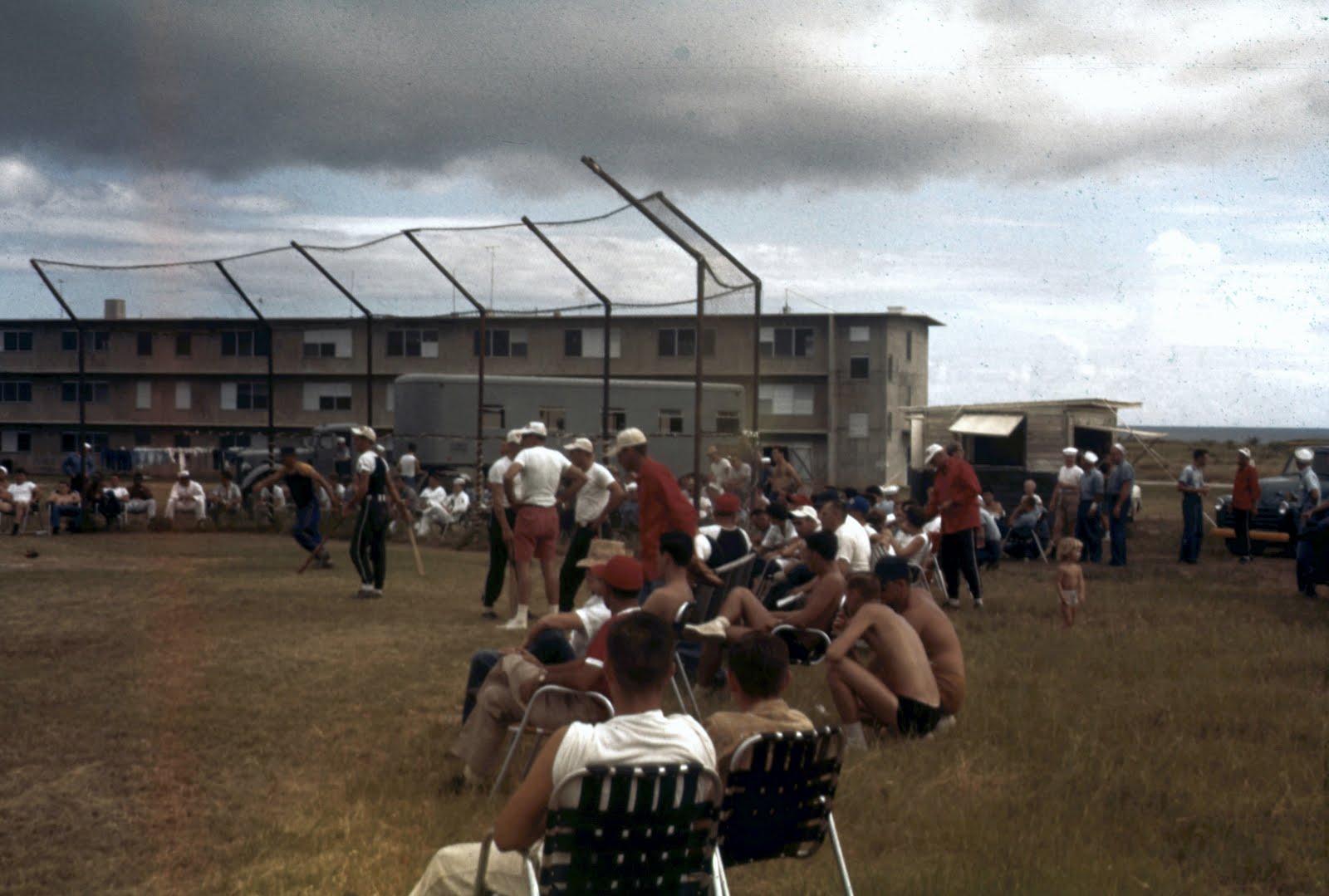
I was unaware of the history of Guantánamo Bay before starting this project; I had only heard of its modern status as a detainment camp. I was surprised to learn about its past history as a military base and of the families that lived on the base for many years. It was a community and…
Read moreThe Colorful Voices of Guantánamo
National Dialogue and Traveling Exhibit
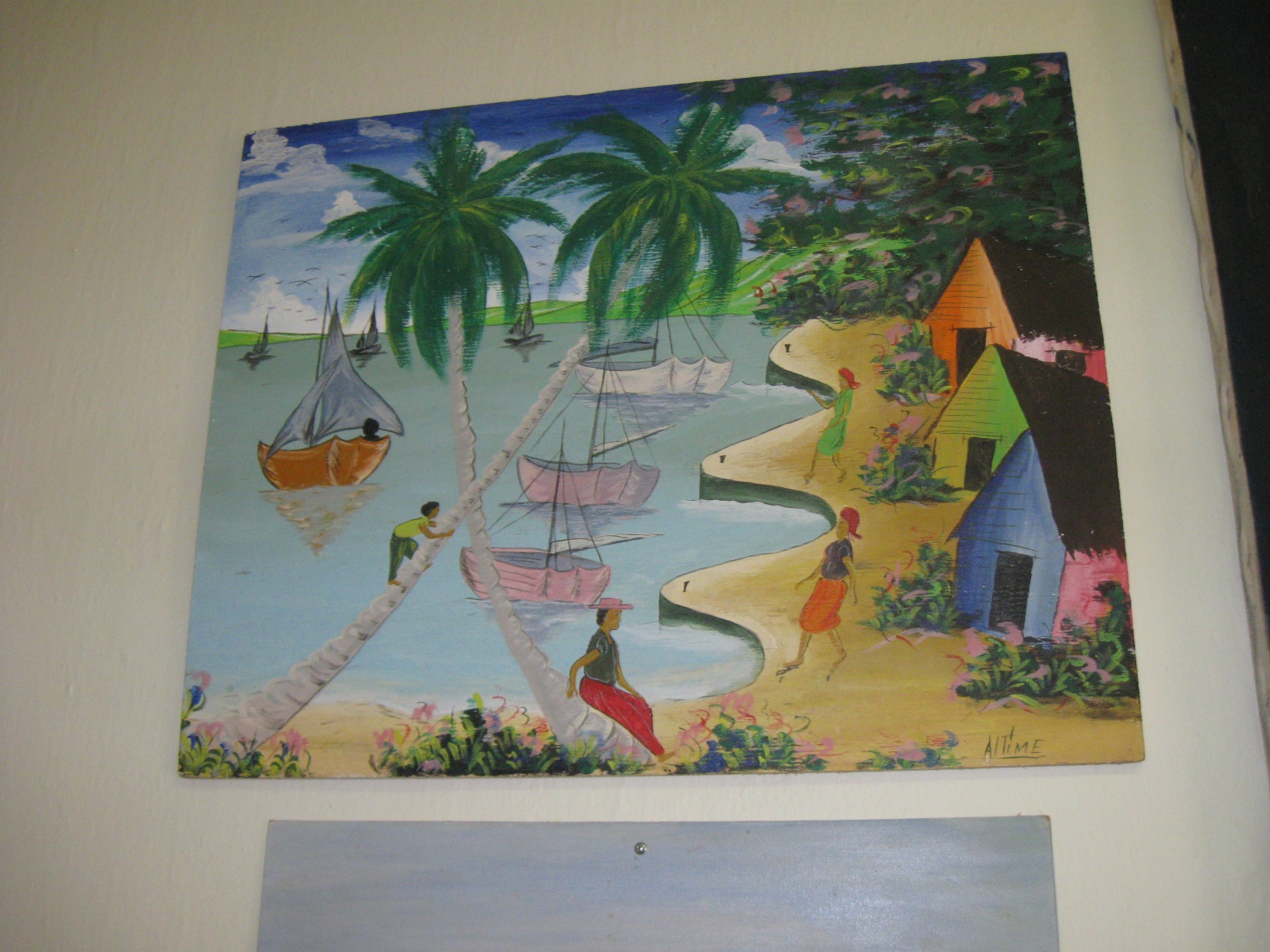
Prior to this course, I had little knowledge of the history of the naval base located at Guantanamo Bay (GTMO). Like many Americans, it was difficult for me to comprehend what was going on there because we are so detached from the site and comfortable in our lives, a distance compounded by the amount of…
Read moreThe Importance of Knowing Your “Enemy”
National Dialogue and Traveling Exhibit
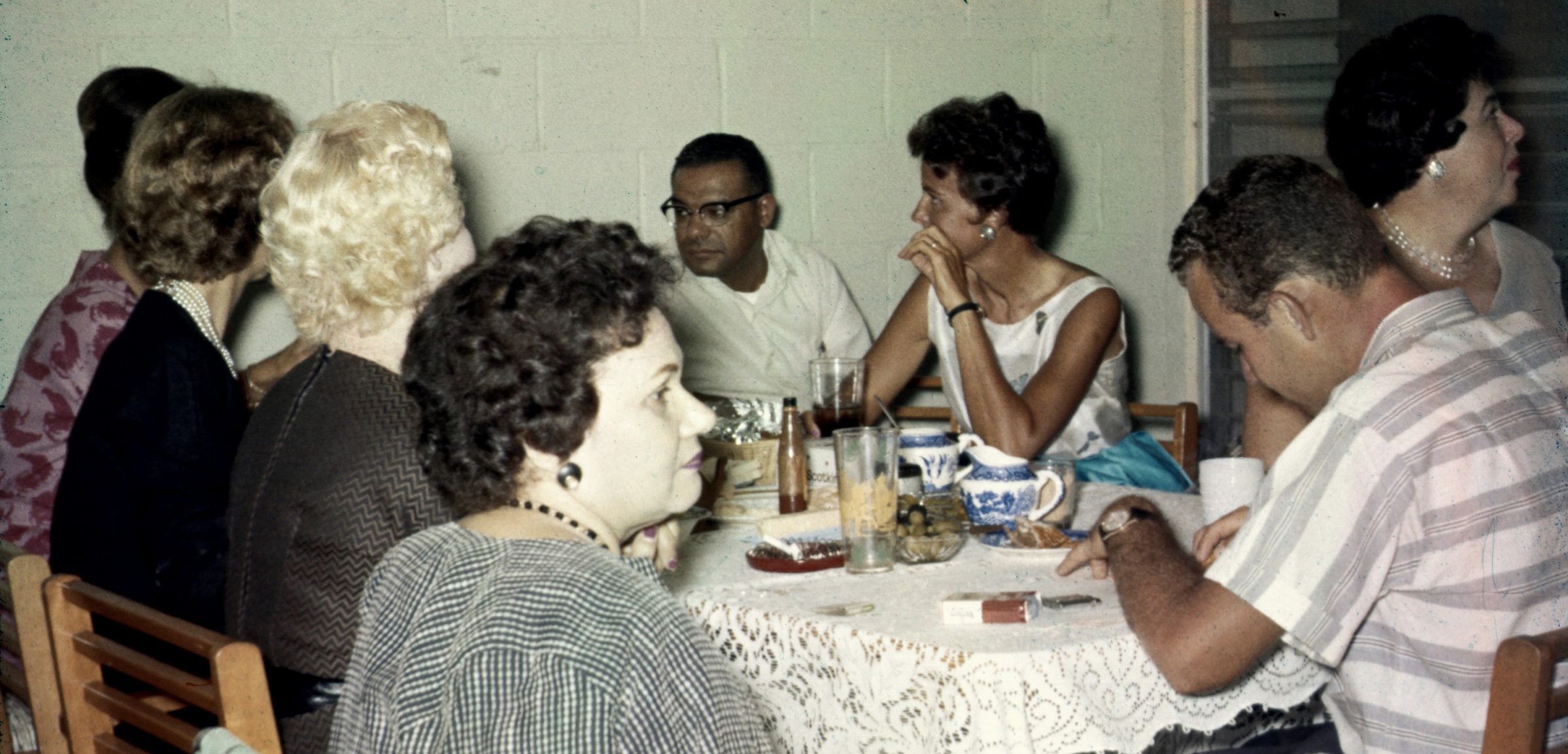
When we reflect upon the Cold War at Guantánamo it is easy to focus on tensions on the global stage. We often forget that there were Americans and Cubans at the site who were living out these tensions in their daily lives. Although Cuba and the United States were openly hostile to each other, the…
Read more“I’ll be home for Christmas”
National Dialogue and Traveling Exhibit
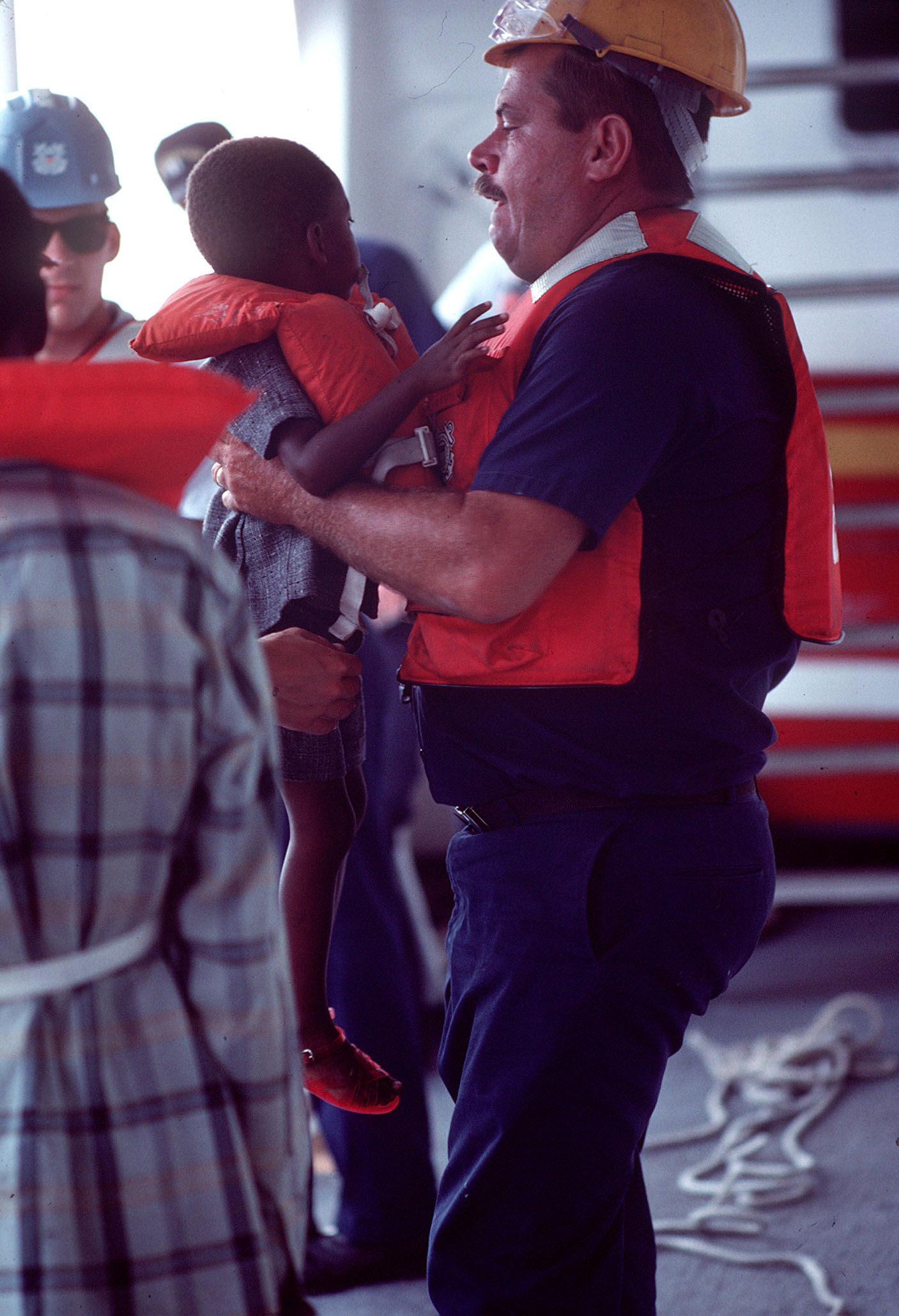
How often are we subjected to the harsh criticisms of Guantanamo Bay? News of the base consists of much of the same: detainees, imperialist presence, and torture. But what of the people who are stationed there? What do we know of them, their experiences, and their lives? Is GTMO only filled with hardened soldiers inflicting…
Read moreBehind the Cactus Curtain: Innocence in the Midst of History-Making
National Dialogue and Traveling Exhibit
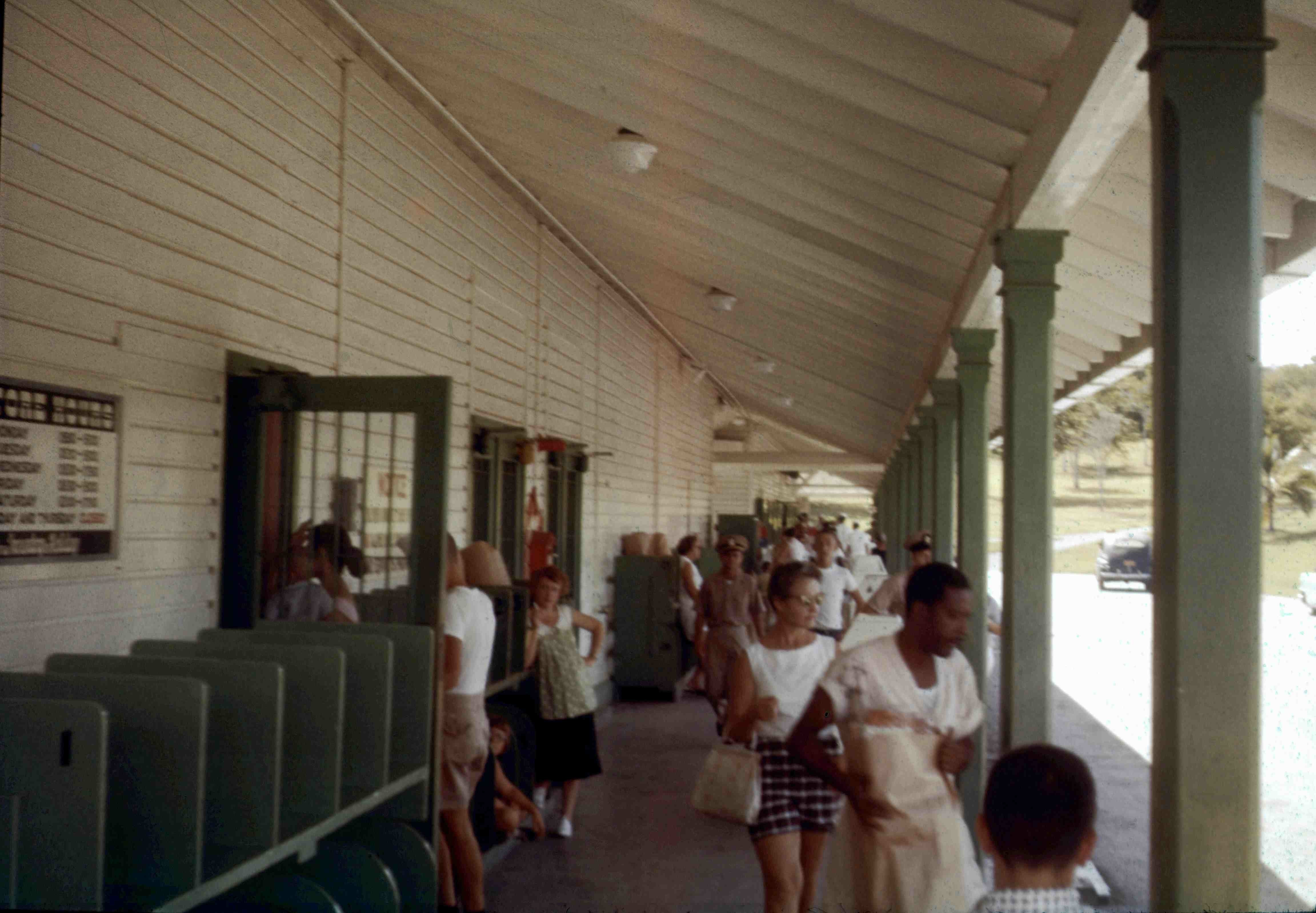
Hearing Susan Lagos reminisce about her childhood of horseback riding, traveling with her parents, learning Spanish, and memorizing Shakespeare for high school English, you would think she was a fairly normal middle-class American who grew up in the 1950s and 1960s. But Susan did not grow up in America; she grew up as a civilian’s…
Read moreCreative: Picture Projects & Tronvig Group

